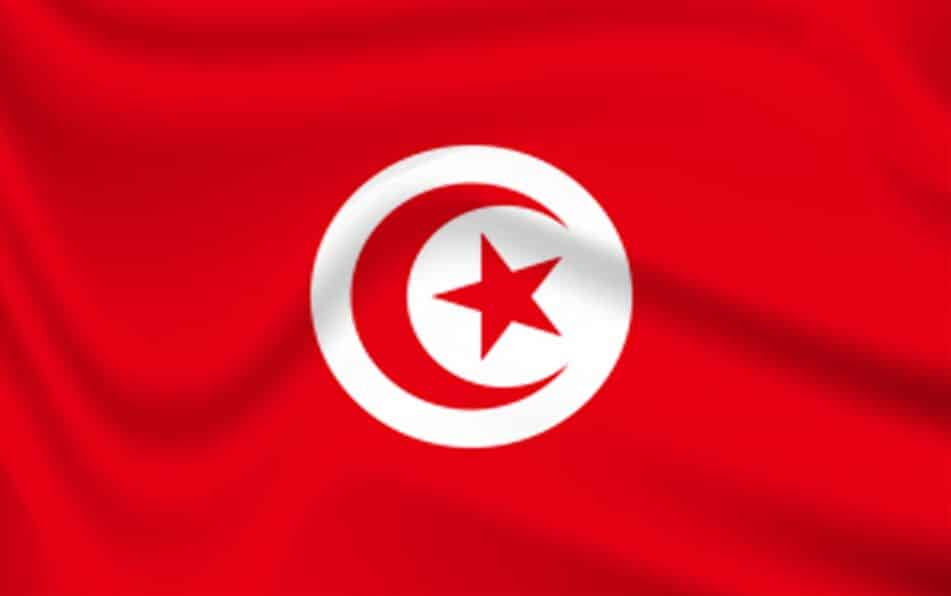Despite the poor economic conditions over the last decade in Tunisia, which overthrew former President Zine El Abidine Ben Ali in 2011, some Tunisians support Saied because they see him as a bulwark against political elites.
Before parliamentary elections occur under a new constitution, President Kais Saied is being protested against by hundreds of Tunisians.
On Saturday, protesters marched through the heart of Tunisia’s capital, demanding the president’s departure.
Senior politicians from opposition parties said the December 17 vote was illegitimate and urged a boycott, claiming that Saied had carried out an undemocratic coup.
“All the opposition parties are concurring on one position, which is to reject the coup and to request the return to democracy,” Samira Chaouachi, a deputy speaker in the dissolved Saied parliament, said.
In March 2021, the previous parliament was shut down and the constitution was rewritten to give the president more power.
Only a quarter of registered voters turned out to vote “yes” in July on a referendum on the new constitution, which gives the president control over the government and judiciary.
The ICJ’s regional director, Said Benarbia, cautioned that the new constitution “defeats the very idea of separation of powers and checks and balances”.
The “proposed constitution offers an unrestricted presidential regime, a weak parliament, and an impotent judiciary”, he said.
Said claims that his actions are legal and necessary to save Tunisia from years of crisis, and that he will not become a dictator.
The National Salvation Front, which includes Ennahdha, the country’s leading opposition party, has been urging people to stay away from the polls.
According to Ahmed Nejib Chebbi, the alliance’s head, an entity that is not impartial and adheres to the dominant regime will supervise the elections.
The economy is growing rapidly in Tunisia, but many citizens are more concerned about the economic crisis and public-finances dangers that have caused salary delays and the risk of key subsidized-good shortages.
Despite the poor economic conditions in the country over the past decade, Tunisians still support Saied because they perceive him as a barrier against political elites, who they blame for the poor economic conditions.



















